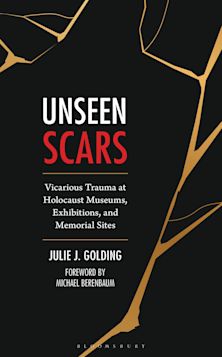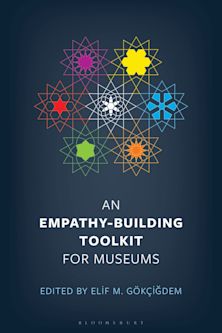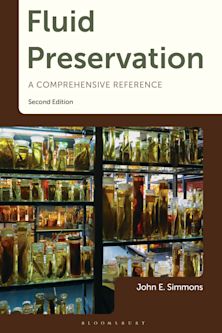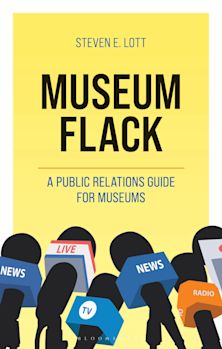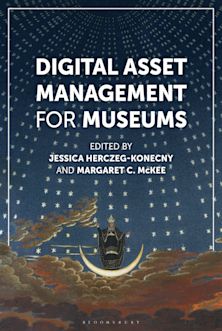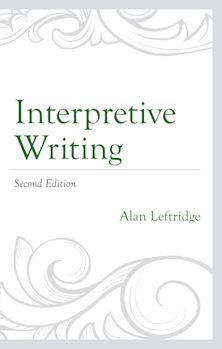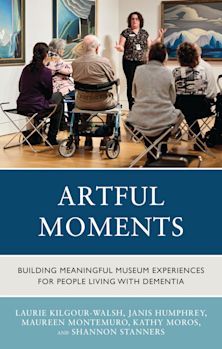- Home
- ACADEMIC
- Museum Studies
- A Place to Remember
Exam copy added to basket
Choose your preferred format. Please note ebook exam copies are fulfilled by VitalSource™.
Buy from Bloomsbury eTextBooks
You are now leaving the Bloomsbury Publishing website. Your eBook purchase will be with our partner https://www.vitalsource.com.
Your credit card statement will show this purchase originating from VitalSource Technologies. They will also provide any technical assistance you might require.
You must sign in to add this item to your wishlist. Please sign in or create an account
Description
Well-known public historian Robert Archibald's personal exploration of the intersections of history, memory, and community reveals how we participate in the making and sustaining of community as well as how we remember the community that shaped us. Writing in a rich literary narrative, Archibald blends local history, personal reminiscence, and an analysis of the changing meaning of community with a passionate call for more effective public history. A Place to Remember poetically illustrates how we are active participants in the past and the role and importance of history in contemporary life.
Table of Contents
Chapter 2 1 Facing the Past
Chapter 3 2 Remembrance
Chapter 4 3 Somewhere in Time
Chapter 5 4 Speaking with the Past
Chapter 6 5 Common Ground
Chapter 7 6 Values at the Core
Chapter 8 7 Intersections
Chapter 9 8 Friends and Colleagues
Chapter 10 9 Everybody's Business
Chapter 11 10 Facing the Future
Chapter 12 A Brief Booklist
Chapter 13 About the Author
Product details
| Published | Jul 02 1999 |
|---|---|
| Format | Ebook (Epub & Mobi) |
| Edition | 1st |
| Extent | 200 |
| ISBN | 9780759117358 |
| Imprint | Rowman & Littlefield Publishers |
| Series | American Association for State and Local History |
| Publisher | Bloomsbury Publishing |
About the contributors
Reviews
-
Archibald thinks that the time has come when public history organizations will be asked to take more responsibility in facilitating methods of doing public business. The skills needed to achieve consensus must inevitably take into account those experiences in the collective past which further understanding. His book is worth reading and studying by museum staffs and historical society boards, and I would urge that they circulate a copy and discuss it.
Lois H. McDonald, Local Historian, California Historian
-
This is a provocative book by an original historian whose personal voice and reflections will...grab readers...as human beings and historians at deeper levels than most books....My basic reaction was gratitude for being invited to think in fresh ways about problems all historians face as professionals and human beings.
David Thelen, (Indiana University), Journal of American History
-
For anyone interested in history, and especially those involved with local historical societies, museums, and archives or with the preservation of historic places and sites, A Place to Remember is a worthwhile and inspired reminder to step back for a moment to view the essential role of history in our lives and communities, how it gives meaning to the present and connects us to the future.
Allan Kent Powell, Utah State Historical Society, Utah Historical Quarterly
-
Archibald's quest for a public history that can produce empathy is stimulating and important....Written for a broad audience....A thought-provoking and creative work.
Alison Landsberg, George Mason University, American Historical Review
-
This is a book that challenges public historians to think differently about their work and to define the very purpose of history as a component of civic culture. Whether we agree or disagree with his methods and conclusions, Archibald has offered a new vision for the role of history in our society.
Barbara Franco, (The Historical Society of Washington, D.C.), The Public Historian
-
Part meditation, part memoir, part social analysis, part panegyric, and a call to arms for all of us working in the field of public history.... Museums of all kinds would benefit from having key professional staff and trustees read this book.
Ian Quimby, Historical Society of Pennsylvania












